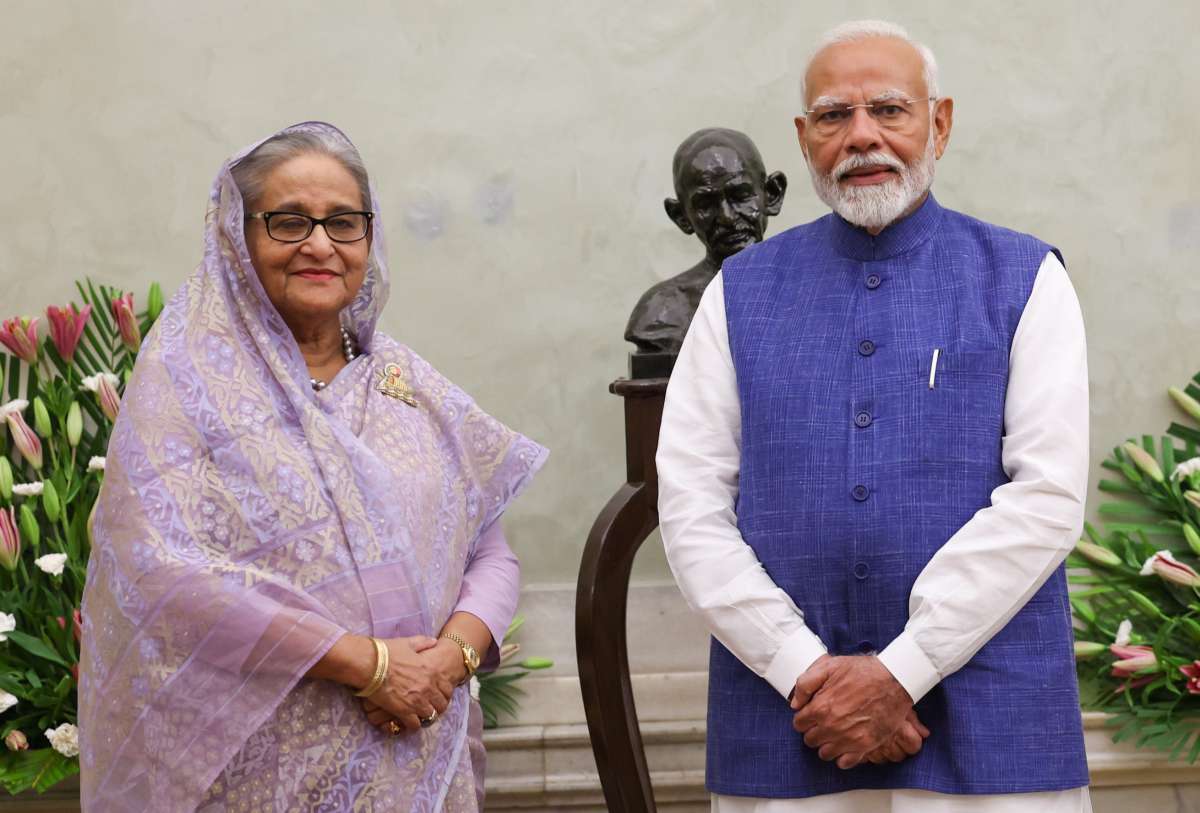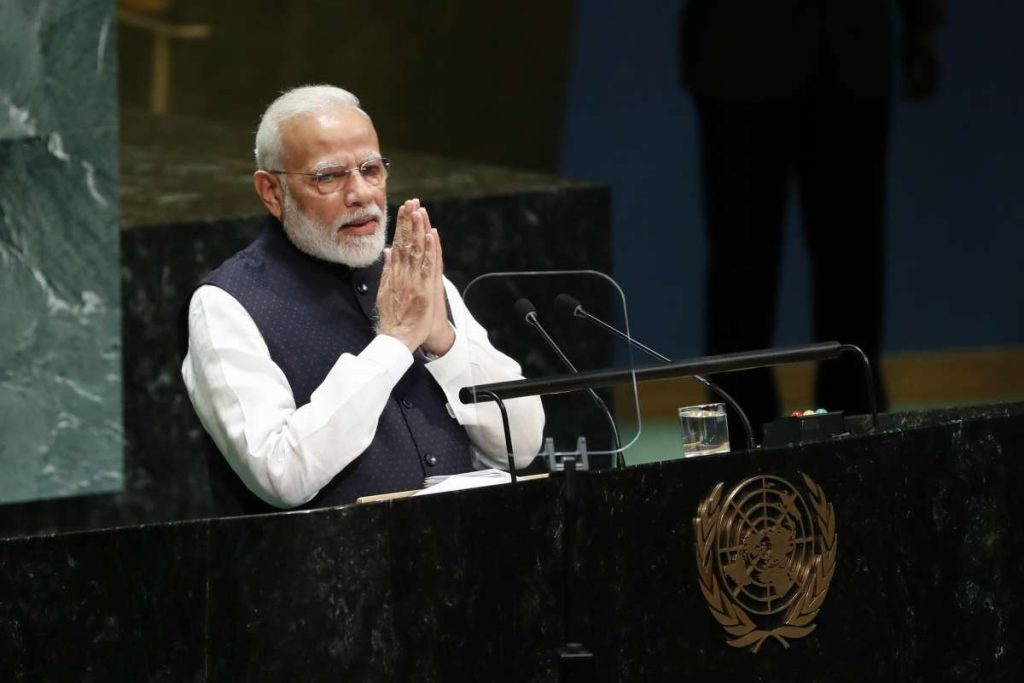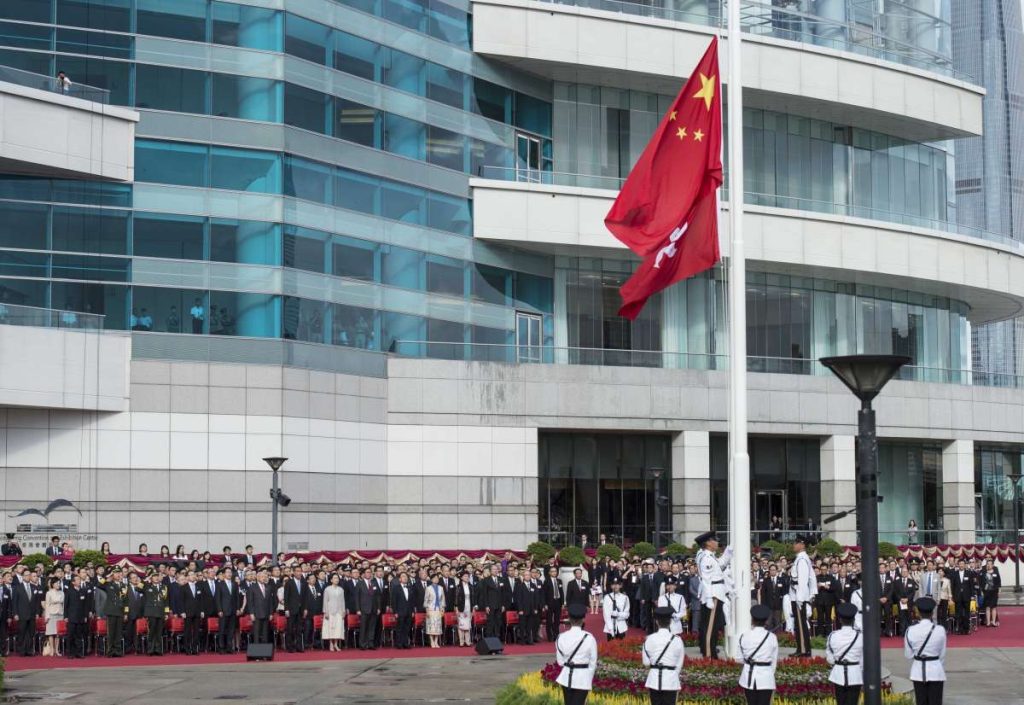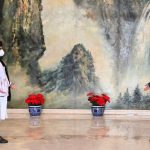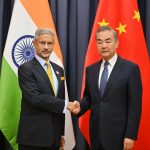Hasina’s recent visit to China, from July 8-10, 2024, yielded limited results despite significant media hype. The meeting between Hasina and Chinese President Xi Jinping lasted only 30 minutes, indicating a lack of substantive engagement…reports Asian Lite News
Bangladesh Prime Minister Sheikh Hasina expressed her preference for India to undertake a $1 billion river development project, aiming to address New Delhi’s security concerns. “China is ready, but I want India to do the project,” Hasina stated at a Dhaka press conference on Sunday.
The Teesta River Comprehensive Management and Restoration project, aimed at better managing the river’s waters, has attracted interest from both China and India, as they compete for influence in Bangladesh. The 414 km (257.25 miles) long Teesta River flows from India into Bangladesh, and its development was a key topic during Hasina’s June visit to New Delhi.
A 2011 agreement on sharing the river’s water stalled due to objections from West Bengal, the Indian state through which the river flows before entering Bangladesh. With India slow to resolve the issue, China offered its proposal, prompting India to counter with its own offer amid security concerns over Chinese engineers working near its borders.
“China conducted a feasibility study and made an offer. India also made an offer and will do a feasibility study,” Hasina said, adding, “But I prioritize India’s involvement because they have controlled the Teesta’s waters.”
Meanwhile, Hasina’s recent visit to China, from July 8-10, 2024, yielded limited results despite significant media hype. The meeting between Hasina and Chinese President Xi Jinping lasted only 30 minutes, indicating a lack of substantive engagement.
Hasina did not receive high-level protocol treatment, with no significant Chinese officials visiting her. The main political interaction was with Wang Huning, the fourth-ranking official in the Chinese Communist Party.
The visit saw no substantial progress on economic issues. The much-anticipated Summit on Trade, Business, and Investment was chaired by a lower-level Chinese bureaucrat. No major agreements or MoUs were signed, with most being renewals or minor agreements, such as the Protocol of Phyto-sanitary requirements for exporting fresh mangoes from Bangladesh to China.
Despite seeking improvements in bilateral trade, Bangladesh’s trade imbalance with China remains significant, with Chinese exports to Bangladesh vastly outstripping Bangladeshi exports. Talks for a concessional loan of USD 5 billion also faltered, and the much-hyped potential for USD 20 billion in grants and loans was largely seen as creating unnecessary media buzz. The visit, heavily promoted by the Chinese Ambassador to Dhaka, ultimately lacked tangible benefits for Bangladesh.
ALSO READ-Rising calls for recognition of 1971 Bangladesh genocide

